At the study abroad seminar organized by Ngoi Sao Hoang Mai Primary, Secondary and High School in collaboration with Summit Education Organization, university representatives presented changes in enrollment trends and evaluation criteria at US and Canadian schools in the upcoming enrollment season.
Ms. Lindsay Jordan, admissions representative of Northeastern University (USA), said that the school's educational motto is experimental, so the school highly values practical learning experiences of candidates.
If the candidate's profile shows aspects of "real learning", such as research activities, internships or international experiences... it will be a huge advantage when submitting the application.
“We’re not looking for students who list dozens of extracurricular activities on their resumes. We’re looking for leaders who may only participate in a few extracurricular activities but stick with them for a long time and make an impact in the community,” said Lindsay Jordan.
Additionally, like many American universities, Northeastern University currently does not require SAT scores in applications and does not require an additional essay.
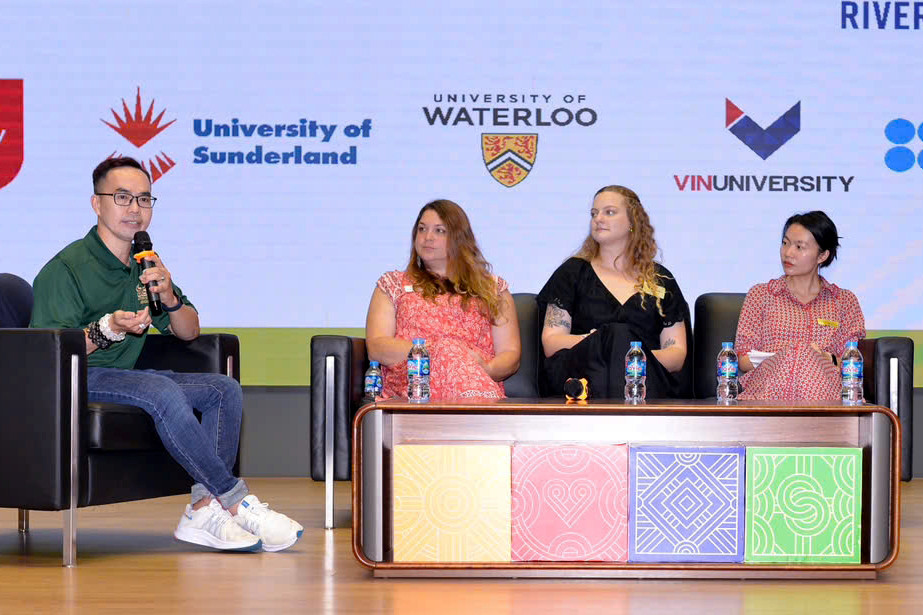
Meanwhile, the University of South Florida recruits students based on their academic records (grade 10 and 11 transcripts) and SAT or ACT scores. The school does not require applicants to have IELTS or TOEFL certificates. Students who study IB, AP or A-Level programs will also have an advantage when applying to the school.
At Boston University, according to admissions representative Maddy Smalley, the school is always looking for candidates who know what they want and what they are doing. For example, when applying to Boston, candidates must have a thorough understanding of the school, demonstrate an understanding of each sub-school and why they are a good fit for the school.
“During the admissions process, the school will have a supplementary essay that requires applicants to write about why they chose this school. This is an opportunity for applicants to show what they know about the school, how they have researched the school and why they are a good fit for the school community,” said Ms. Maddy Smalley.
America is flexible in changing industries, Canada has difficulty switching horizontally
While American universities are known for their flexibility when it comes to changing majors, in Canada this is more difficult. For example, at the University of Waterloo, one of Canada’s top universities, it is difficult for students studying one engineering major to transfer to another because the specific courses in the two programs are very different.
“Therefore, if you want to apply to the school’s engineering programs, you can take a test to see if you are suitable for a specific program. In addition, you should determine your passion early, although in the future, students may change that passion,” said a representative of the University of Waterloo.
In the US, Boston University is an example of flexibility in choosing a major. This school has more than 300 majors, and students can easily switch from one major to another, as long as they meet certain criteria of the major, such as students must participate in and complete a number of required courses. In fact, about 40% of students entering Boston University have not yet decided what major they will study in their first year.
Similarly, at the University of South Florida, the number of students changing majors is also very high. According to Mr. Le Binh, the representative of admissions for the Asia-Pacific region, this school allows students to change majors in the first 2 years and the scholarship levels, if any, will remain the same. However, Mr. Binh suggested that the first year is still the easiest time for students to change majors.
However, according to Mr. Binh, studying abroad is an expensive investment in both time and money. “When it comes to investment, you have to calculate the profit and loss,” Mr. Binh said. Therefore, when deciding to study abroad, in addition to considering financial issues and the study program, students must also consider their own ability to study in that environment.
“Experience is also very important. Students need to learn about opportunities to interact with professors and other students as well as the graduation rate. In addition, Vietnamese students must be more proactive in seeking information instead of waiting for teachers to provide it. This is actually a skill that Vietnamese students are still weak at when studying abroad,” said Mr. Binh.

Source: https://vietnamnet.vn/du-hoc-la-mot-su-dau-tu-can-tinh-den-lo-lai-2323129.html


![[Photo] Ho Chi Minh City after 50 years of national reunification through buildings and symbols](https://vstatic.vietnam.vn/vietnam/resource/IMAGE/2025/4/15/a224d0b8e489457f889bdb1eee7fa7b4)
![[Photo] National Assembly Chairman Tran Thanh Man attends the summary of the organization of the Conference of the Executive Committee of the Francophone Parliamentary Union](https://vstatic.vietnam.vn/vietnam/resource/IMAGE/2025/4/15/fe022fef73d0431ab6cfc1570af598ac)

![[Photo] Welcoming ceremony for Prime Minister of the Federal Democratic Republic of Ethiopia Abiy Ahmed Ali and his wife](https://vstatic.vietnam.vn/vietnam/resource/IMAGE/2025/4/15/77c08dcbe52c42e2ac01c322fe86e78b)
![[Photo] General Secretary To Lam meets with veteran revolutionary cadres, meritorious people, and exemplary policy families](https://vstatic.vietnam.vn/vietnam/resource/IMAGE/2025/4/15/7363ba75eb3c4a9e8241b65163176f63)
![[Photo] Air Force actively practices for the April 30th celebration](https://vstatic.vietnam.vn/vietnam/resource/IMAGE/2025/4/15/16fdec3e42734691954b853c00a7ce01)


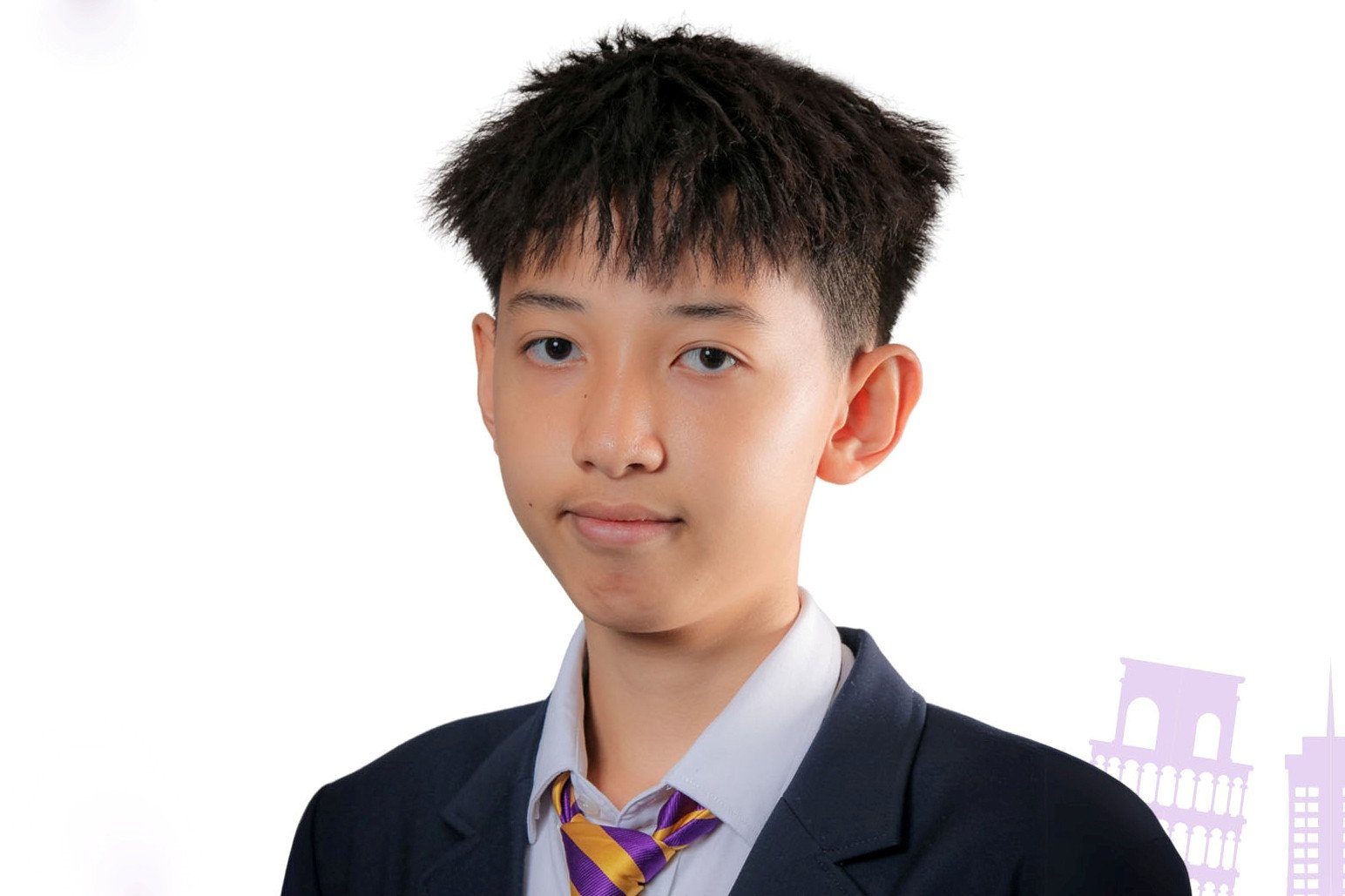










![[Video] On April 15, candidates can try to register for the High School Graduation Exam](https://vstatic.vietnam.vn/vietnam/resource/IMAGE/2025/4/15/8b898ec7b2994006b9cefcf53d6916f5)







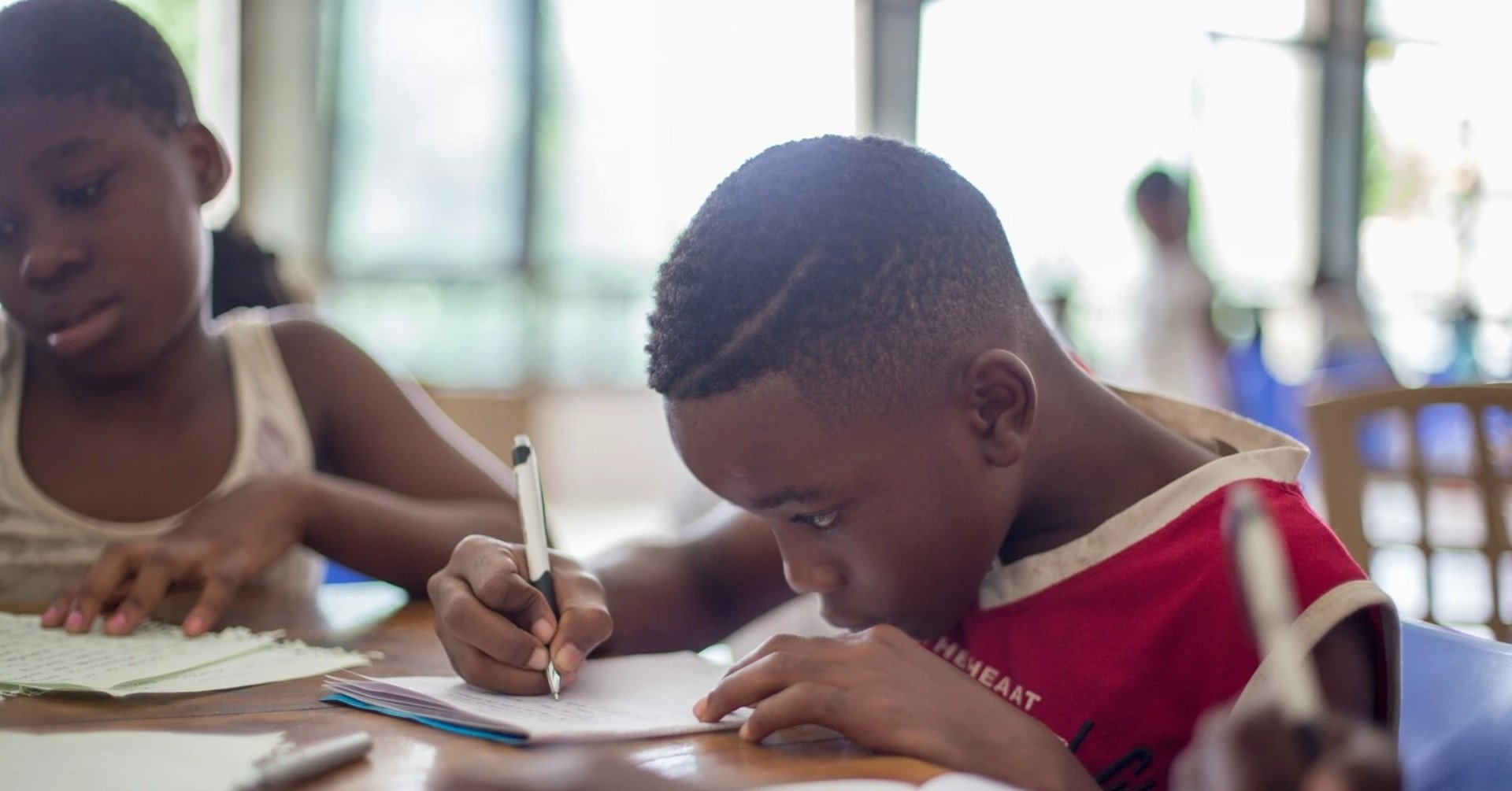


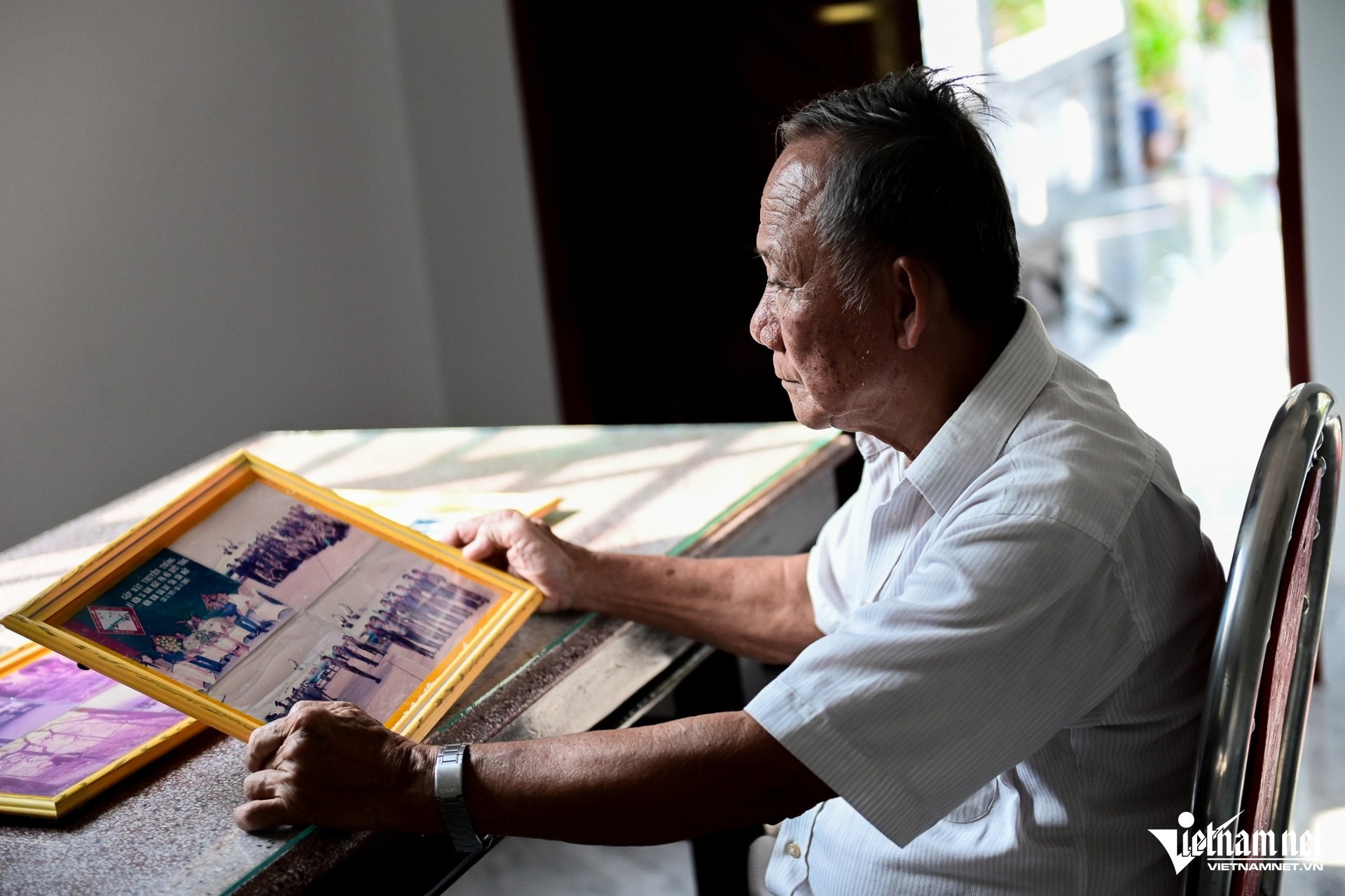






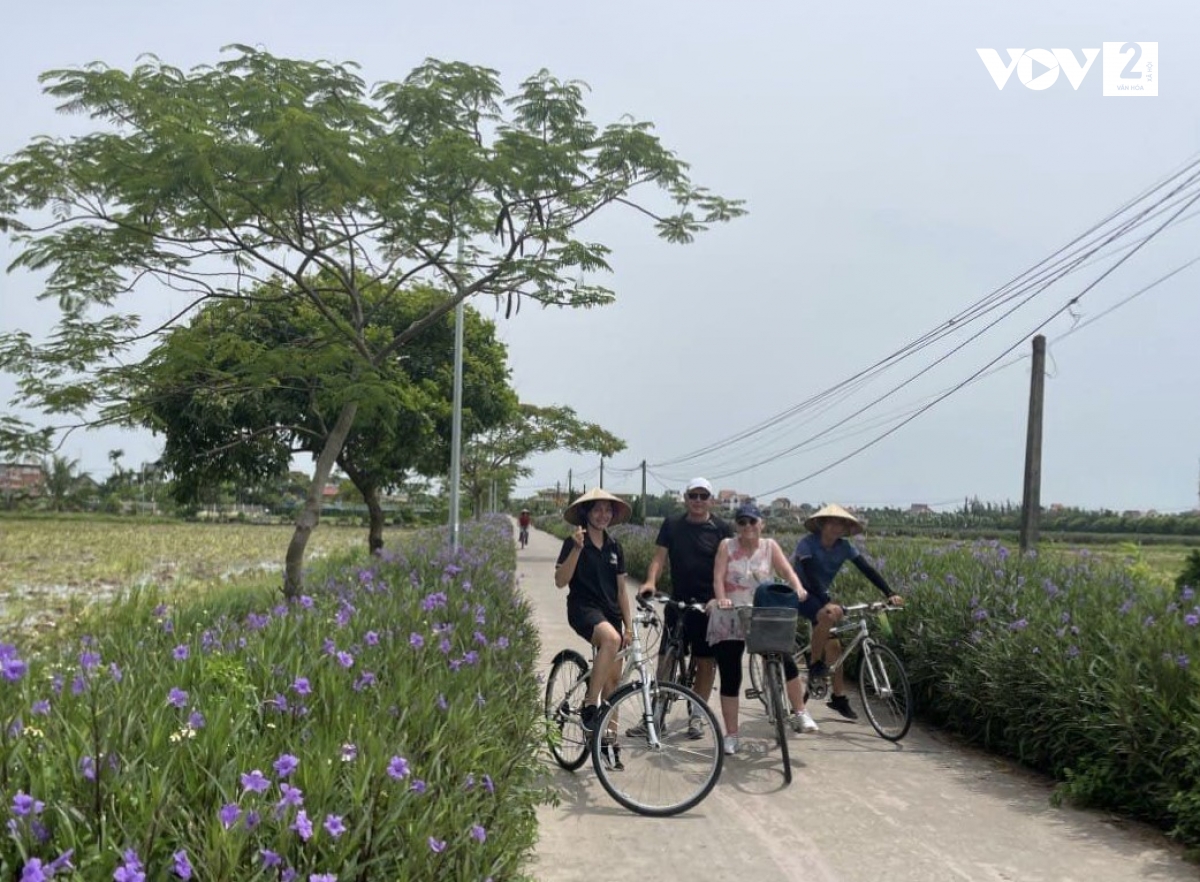




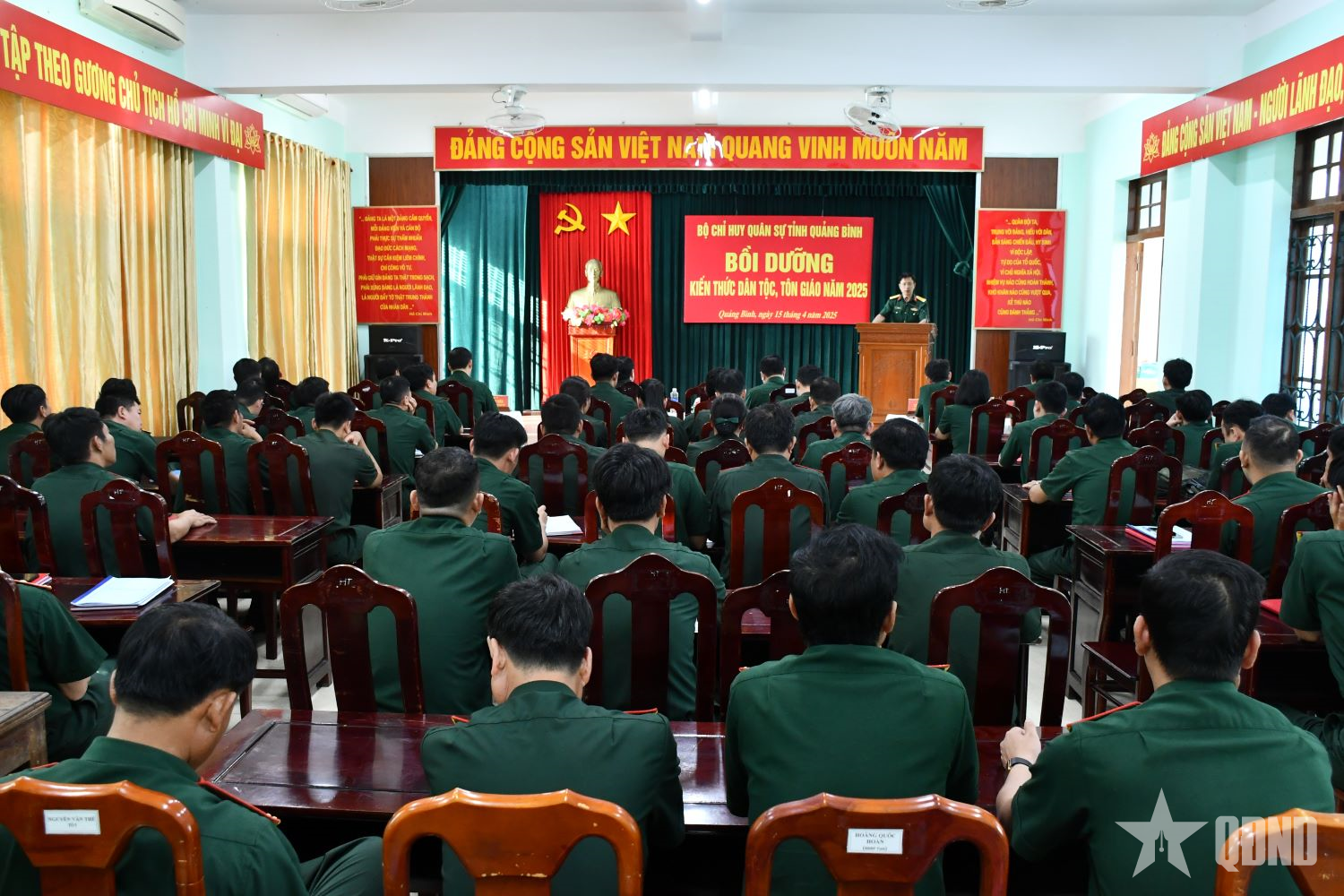



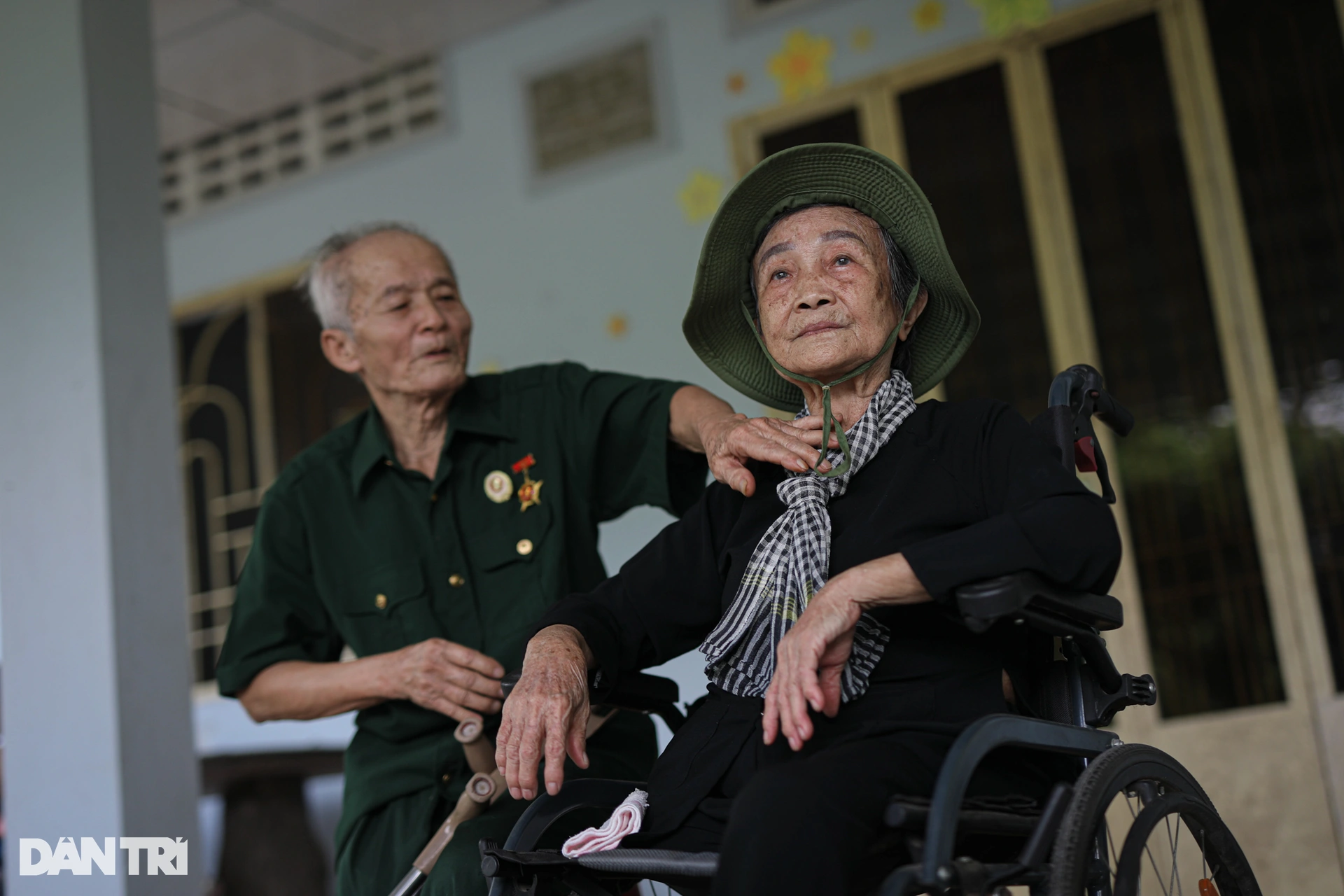






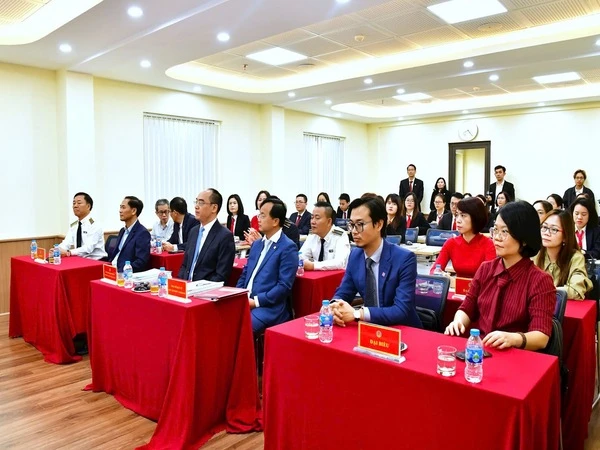


































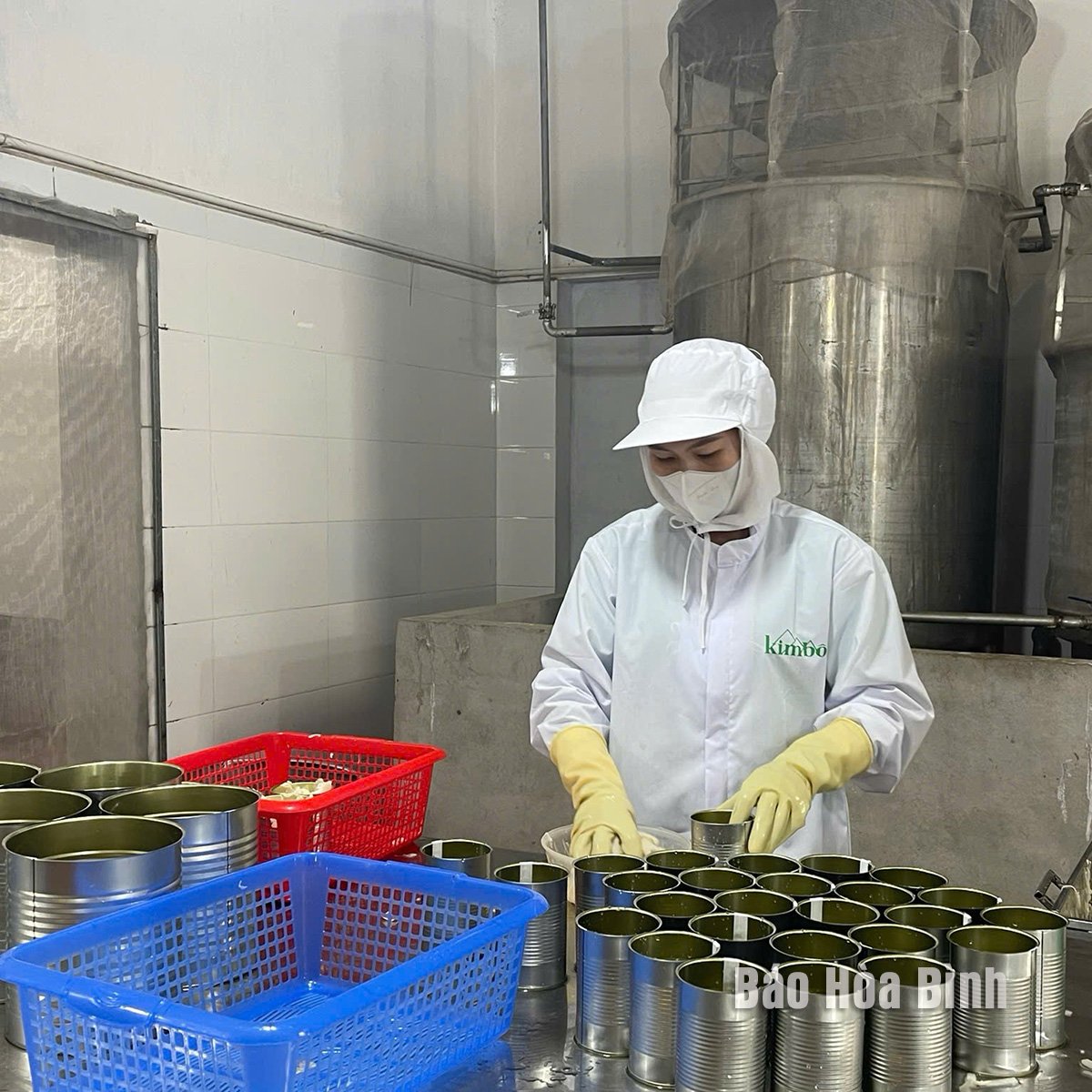

Comment (0)